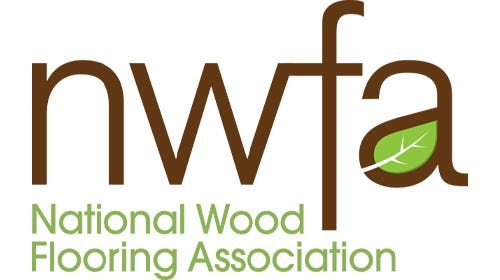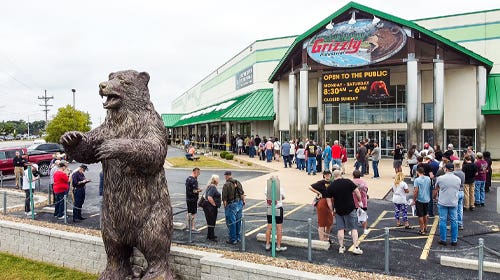A source for certified cocobolo
Cocobolo (Dalbergia retusa) is one of several members of the rosewood family, sought for its vivid colors and figure. “If you look at all of [the rosewoods], I think cocobolo…
Cocobolo (Dalbergia retusa) is one of several members of the rosewood family, sought for its vivid colors and figure.
“If you look at all of [the rosewoods], I think cocobolo is the highest figured. It’s right up there at the top of the scale,” says Kevin Yardley of Diamond Tropical Hardwoods in Sellersville, Pa.
“We sell a lot of cocobolo to people doing things like turkey calls, duck calls, and turnings. I’ve got a couple people making bagpipes and a lot of pool cue manufacturers. We’ve got smaller mom and pop organizations who might buy from us, and one gentleman who buys cocobolo every year just for handles for the tools he makes. Most of the squares go for pool cues.”
Diamond Tropical Hardwoods operates 12 plantations in Costa Rica, farming teak and 70 other species including endangered native trees such as mahogany, purpleheart, and cocobolo rosewood.
Cocobolo is listed under Appendix II by the Convention on International Trade in Endangered Species (CITES). Appendix II lists species that are not currently threatened with extinction but that may become so unless trade is closely controlled. Diamond Tropical Hardwoods carries Chain-of-Custody certification from the Forest Stewardship Council, third-party proof that its products come from responsibly managed sources.
“The key thing for us is people want that certificate,” says Yardley. “About 95 percent of our cocobolo does not get exported, but in order to bring it into the U.S., we have to have that certificate. It’s important to our clients.”
Cocobolo trees grow 45’ to 60’ tall with trunk diameters of 18” to 24”. Coloring ranges from yellow, orange, and red, to shades of brown with streaks of black or purple. You won’t find cocobolo in the bargain bin.
“We have a standard cocobolo, all heartwood, and it’s a really nice, pretty, figured wood. For that you’re talking $60 to $65 per board foot,” says Yardley. “If you could use some sapwood or whitewood, it’s lower, and we have clients who literally request that. I have quite a few clients who buy smaller pieces and use it for vaping and smoking products. We can get you out the door at $25-$29 per board foot. It depends on dimensions.”
For more, visit diamondtropicalhardwoods.com.
This article was originally published in the May 2023 issue.







